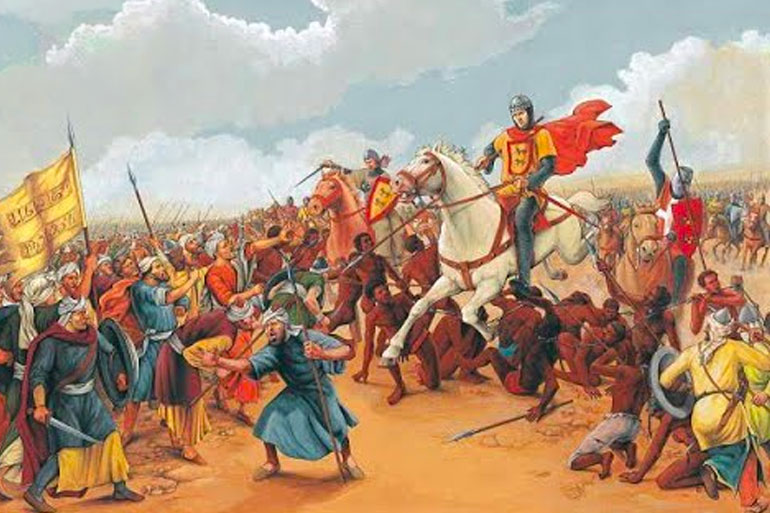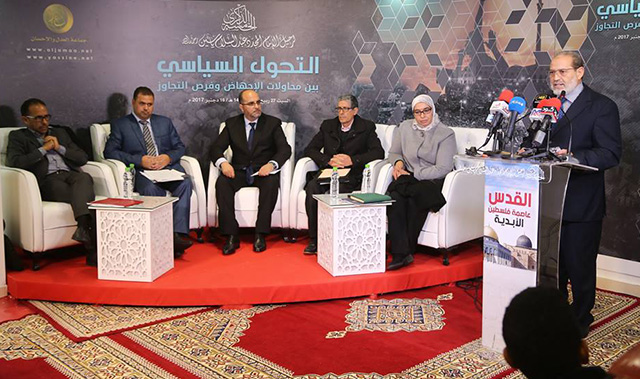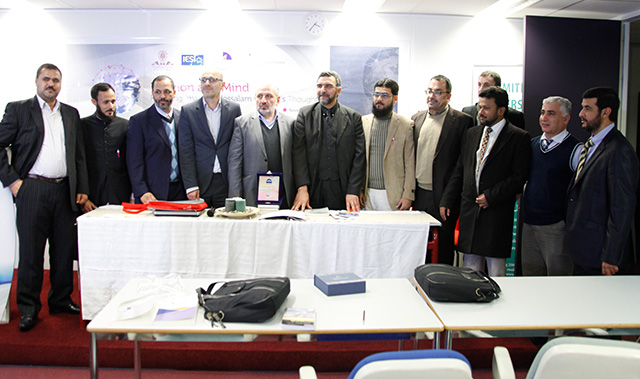The age of turbulent clashes in the world makes pressure on us to reconsider our idea of rationality. Nowadays, when our societies (even the Western ones) experience the revival of religiosity, many religious scholars and secular thinkers try to draw a perspective of relations between faith and reason. In Islamic tradition, we have this issue formulated according to the patterns ‘aql (“the individual reason”) and naql (“the transmitted one”, meaning sacred texts of the Qur’an and Sunnah). Imam Abdessalam Yassine was a leading figure of the Contemporary Islamic Thought, who addressed not merely theoretical side of this problem, but wrote a clear vision of how its solution may benefit modern Islamic societies in both Muslim world and the West. How the modern Muslim culture, balancing between its Classical Age and Western Colonialism, may build its future? Is it really possible to find a compromise between all-encompassing doctrines of Islam and modern scientific world outlook? May Muslims develop into society of Islamic values, recognizing Western impact into intellectual life?








